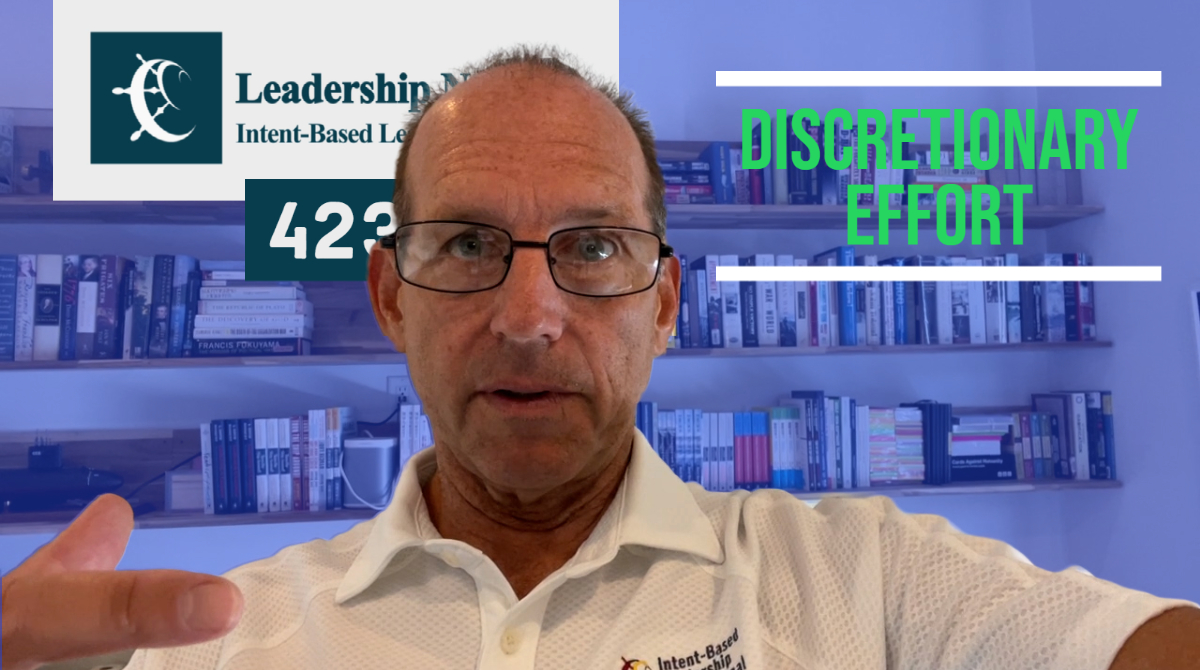Can the words we choose when seeking information from people affect the way they answer? Yes. Can the words we use actually change what we think we saw? Yes.
According to Psychologist Elizabeth Loftus, we see what we are programmed to see. In the 1970s she and her colleagues conducted a series of experiments showing how memory can be affected by seemingly small changes in language.
In one experiment, participants were shown a short video of a car crash. They were then asked to complete a survey with a series of questions – but the questions had slightly different wording. For example one question asked how fast the cars were going when they contacted; with variations being smashed into, collided, and bumped. People with the “contacted” survey answered an average of 31.8 mph whereas people who had received the “smashed into” survey answered an average of 40.8 mph, a full 28% higher.
One of the questions addressed the presence of a broken headlight. Participants were asked whether they had seen “a” broken headlight, or “the” broken headlight. Again, there was a significant difference in the responses. People that were asked if they had seen “the” broken headlight were much more likely to report seeing a broken headlight when in fact there was not a broken headlight.
I am sure many of us can recall a meeting or interaction where decisions were made based on what we thought we saw, instead of what the reality was. A simple change in words can result in how people perceive a situation or even remember things.
When you are trying to gather information you do not want to lead your people to a certain answer. Phrase your questions in a manner that do not require a simple yes or no, or imply a certain situation or environment. As leaders, we have a tremendous ability to influence what people believe they’ve seen – choose your words carefully – remember to ask about “a” problem, not “the” problem.
